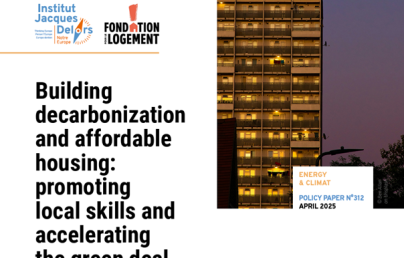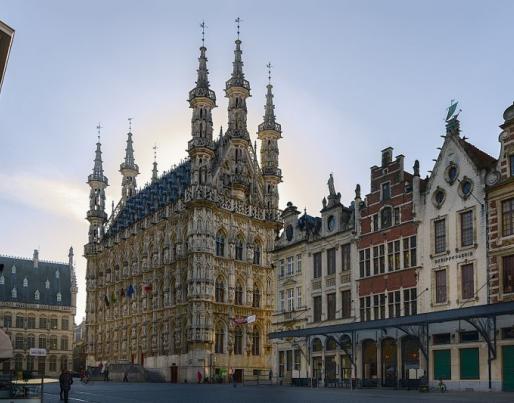
The medieval city of Leuven towards an energy transition

The medieval city of Leuven towards an energy transition
Citizen participation in the policy-making process: Building legitimacy
One of the challenges for Leuven 2030 is to involve citizens in the transformations necessary to achieve the goal of climate neutrality by 2050. The NGO quickly identified that citizens must be part of any decisions that will have an impact on their living conditions and environment.
To involve citizens, Leuven 2030 uses shared governance tools like citizens juries or a General Assembly where citizens and NGOs have one-fifth of the votes, with the remainder distributed among other stakeholders.
Leuven 2030’s vision of legitimacy building relies on horizontal collaboration between actors and on the fact that any citizen can take part in debates and decisions. As an example of what can be done, the “Straten vol Leuven” project aimed to remove cars from the city centre, creating more room for pedestrians, cyclists and public transport.
The traffic plan was a joint decision made by the citizens and city of Leuven, giving an additional democratic foundation and legitimacy to this project.
Find more information in the document attached.
eumayors-casestudy-participation_leuven-1.pdf
English (249.98 KB - PDF)